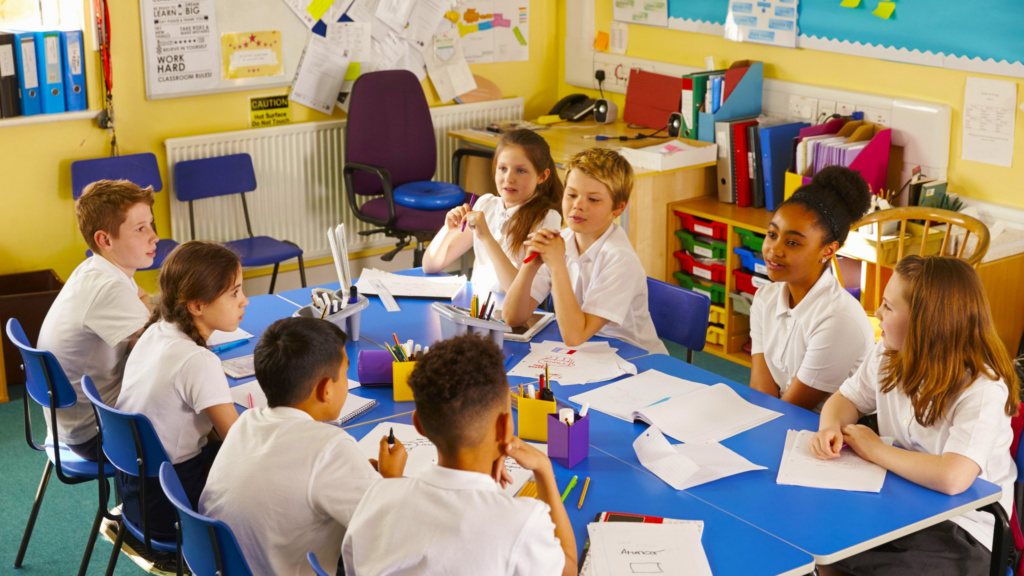
Are you thinking about your curriculum? We are being advised that Ofsted is shifting its obsession with data and outcomes to valuing a curriculum that has ‘purpose and clear design’ with an appropriate model of progression. In their recent study they found some schools’ curricula lacked a sense of clear intent across all groups. So, what is your intent?
When you revisit this with staff in the coming weeks and months, I am sure ‘giving the pupils memorable, empowering learning experiences that inspire high aspirations and a growth mindset’ could be one of your intentions!
Learning can’t always be like this. Sometimes it’s hard work, repetitive and a struggle. However, by including cross-curricular projects in your curriculum offer, you can introduce flexibility and real-life learning with exciting challenges that make an impact on the way pupils think. It’s also a chance to explicitly develop character, resilience, communications skills and emotional intelligence, as well as understanding how to apply subject knowledge and skills to real challenges.
This article presents some ideas for cross-curricular projects that can offer opportunities for more of those memorable learning experiences that can change hearts and minds.
What project do you remember doing from your school days? Do you remember one that fired your imagination, your enthusiasm and interest? We all (hopefully!) have one. For me, at 10 years old, it began with writing a letter to Air Canada at the start of a project about that company and that country. I still have the letter, the reply, the folder of work I spent hours painstakingly producing and the feeling of pride it gave me in doing it. This project gave me a lifelong passion for travel and exploration.
Imagine this scenario:
The buzz of enthusiastic activity hardly changes as I walk into the room ready to continue the project lesson—they’ve started without me! The classroom was full before the end of break with children retrieving their project work from trays or going online to show their friends what they discovered or created at the weekend. Strange spicy smells waft up from sample foods cooked by pupils at home. I find my purpose is simply to advise and guide but mostly admire the high-quality work produced by each group. Once again, they have exceeded my expectations.